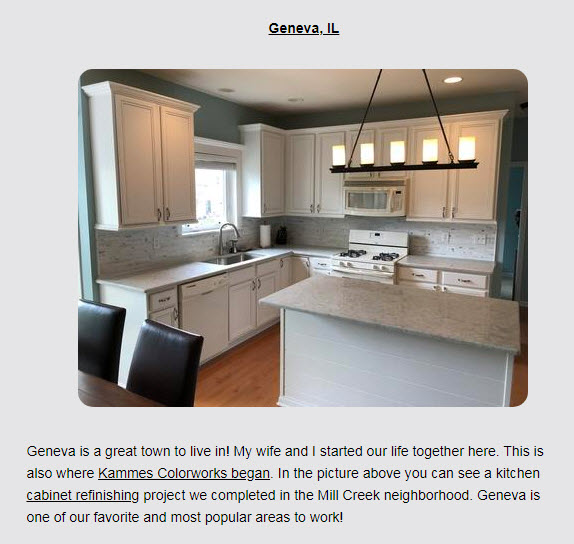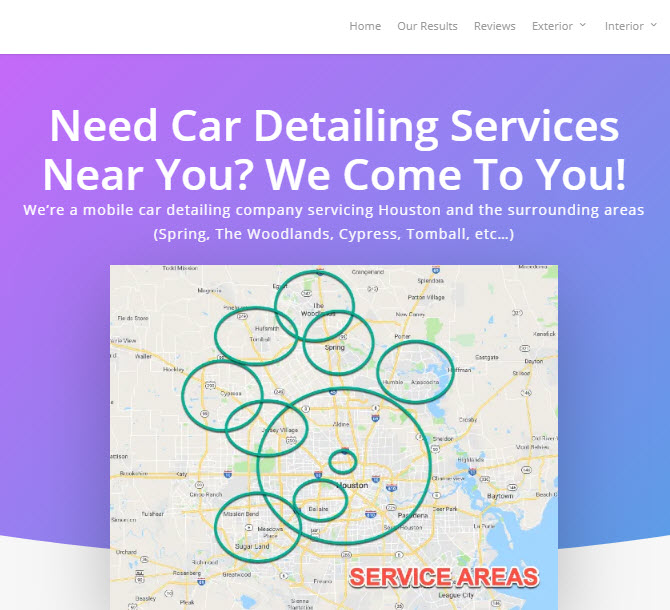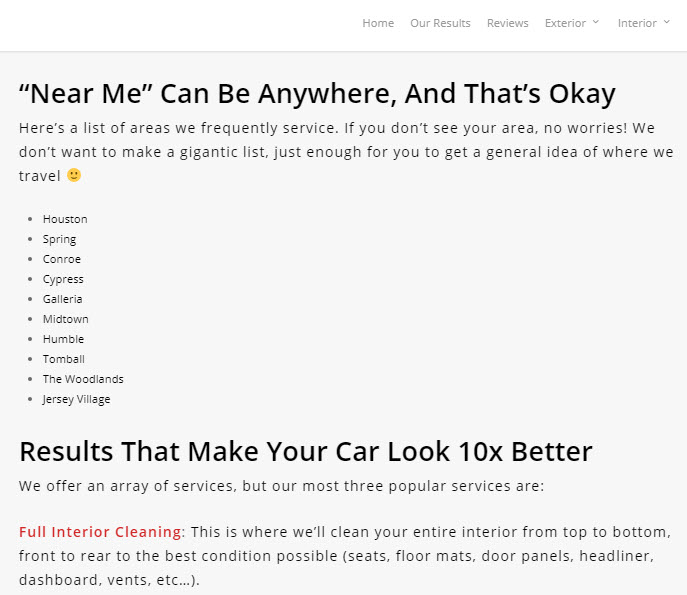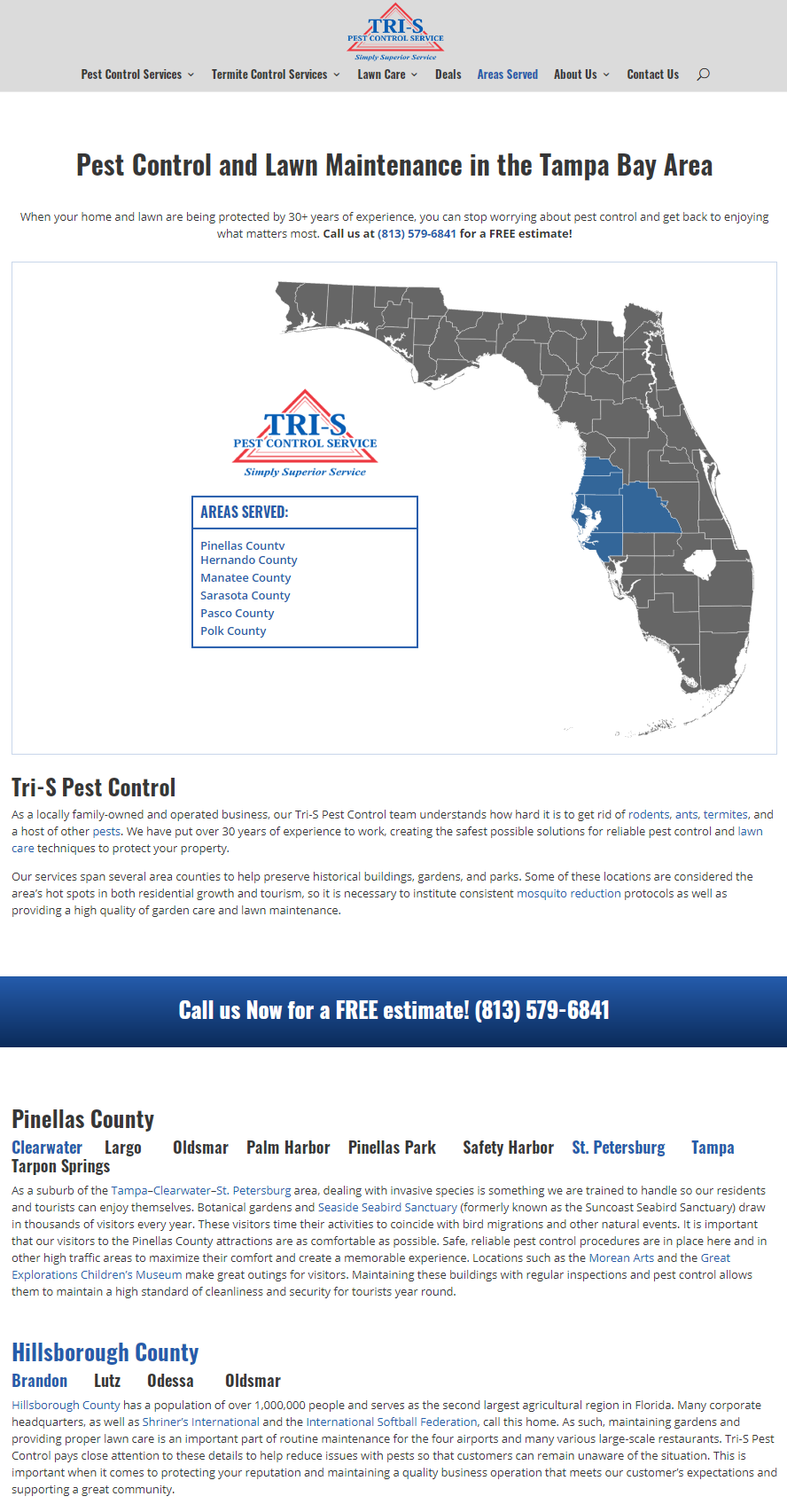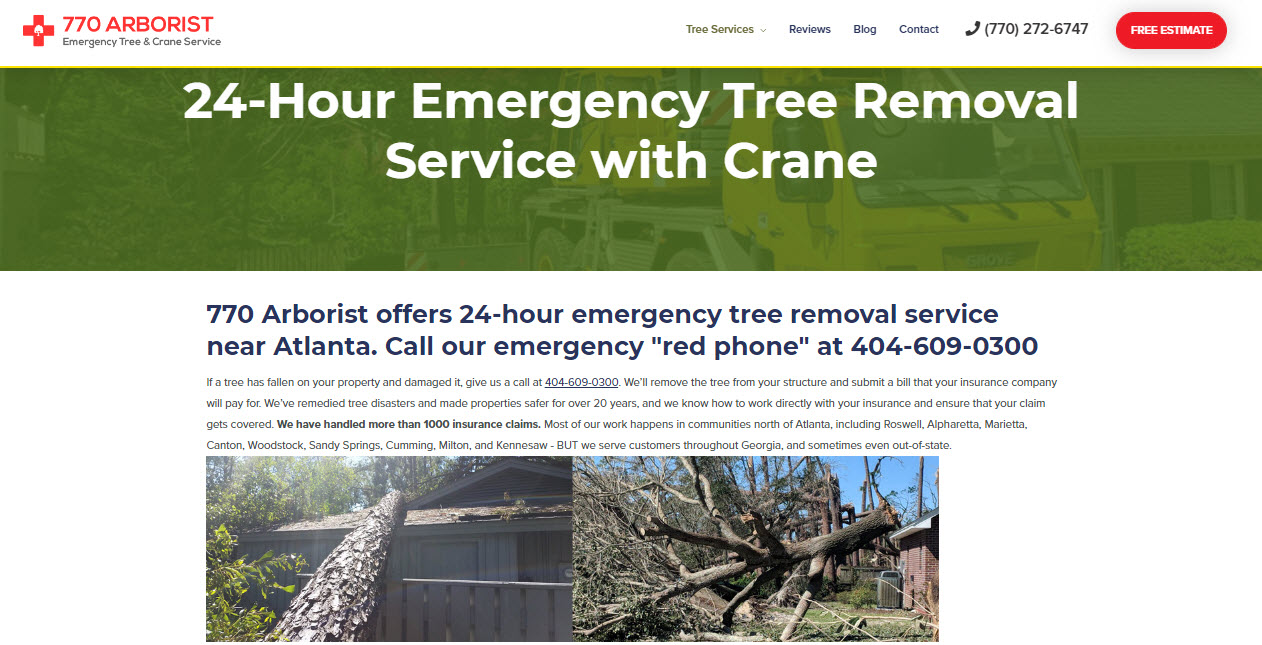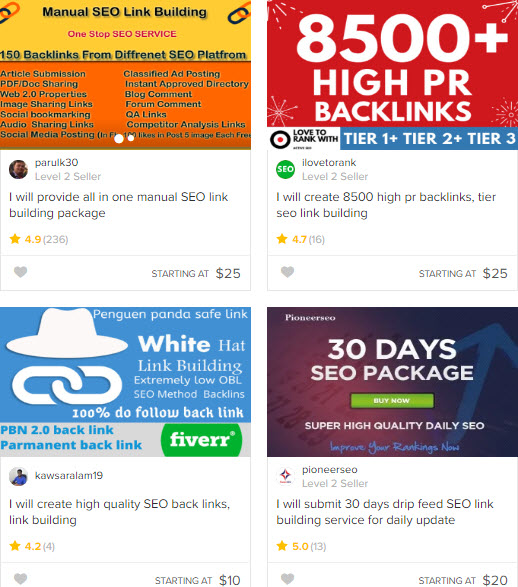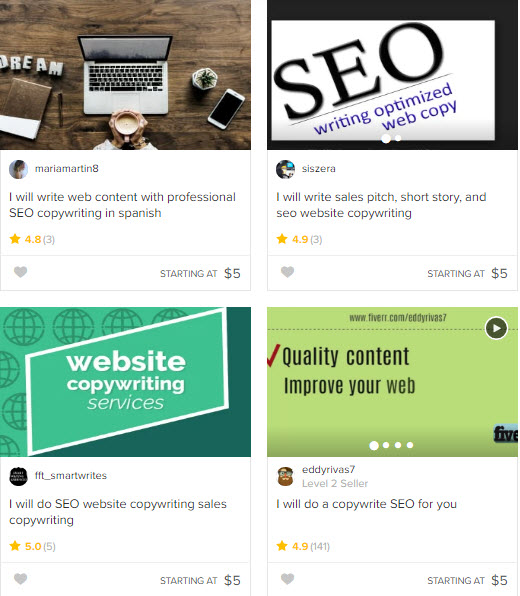At some point, daily life will go from FUBAR back to good old TARFU. When that happens, do you want to continue with the businesses you love and rely on, or will you find them on Boot Hill between Sears and Toys “R” Us? Your review might make the difference.
Supporting businesses that do a good job is always a good thing. Whatever form that takes during this disaster (COVID-19) or in future disasters is probably helpful and welcomed.
But do you know what most business owners like even more than your prepaying for services or ordering a gift card? Customers. Both the fish and the ability to fish more. That’s where reviews come in.
Any revenue businesses get now will help them now, but then they have to fulfill later. That’s the deal, of course. But it can create a serious pinch later, especially if a lot of customers prepaid around the time you did.
Writing a detailed and useful review – maybe one you’ve meant to write for a while – helps in at least two ways that prepaying or gift-carding can’t:
1. It can help the business get a customer now who needs the business’s services or products now. The business can probably do the work or fulfill the order now more easily than it can later, when it may be under a pinch. You may not need the service or product now, but someone out there does.
2. You may expand their customer base a little. The only thing better than a happy and loyal customer is one who also brings in more customers like him or her. That is the ultimate. On a couple of occasions I’ve been told, “By the way, thanks for your review a few months ago. A few customers have mentioned it as a reason they ended up choosing us.” That’s always nice to hear.
Writing a helpful and maybe influential review takes time, and maybe you don’t have the time to help all the local businesses you want to help. In that case, at least help a couple of businesses. If you don’t do it for them, at least do it for selfish reasons: If it’s a business you like or rely on, you probably want it to stay in business, or else you’ll need to shop around later and still maybe not find as good a provider.
How can you write a review that packs a wallop, and at just the right time? A few basic SOPs:
- Go into detail, or as much as you can. Explain why you picked the business, and how it stacks up against alternatives (e.g. other businesses you may have used in the past). If possible, explain why you still use the service or brought the product even now, when times are tough, or explain why customers’ money is well-spent if they do so.
- Post your review on a 2nd review site, or at least offer to do so. Stick your Google Maps review (for example) on another review site, or vice versa. It won’t get filtered because of the cross-posting, in my experience.
- Ask the business owner what he or she would find most helpful. One way to do that is to ask, “Hey, I’d like to write you a review. Any particular site you want, and any points you want me to touch on?” Another way is to say, “I just wrote you a review. Let me know if you want me to tweak anything, expand on anything, add photos, etc.”
I guess it depends on the business and on the owner, but I’ve found often that I get extra-good service after I’ve reviewed a business. On the one hand, maybe that’s because I do my research and only work with solid companies and people, so I avoid the deadbeats. On the other hand, most business owners remember a good word and a good deed, and try to make it worth your while.
Writing a review of a business you like is free, but it can accomplish a lot:
- Help keep them in business for their sake, in a time of need.
- Help keep them in business for your sake.
- Help other customers find and pick a keeper.
- Possibly earn you “VIP” treatment sooner or later.
Reviewing good businesses is time well-spent.
—
Do your reviewing habits change at all during rough times?
To what extent do you have customers come out of the woodwork when it matters most?
Any unconventional suggestions on how business owners can encourage stressed-out people to put in a good word online?
Leave a comment!
